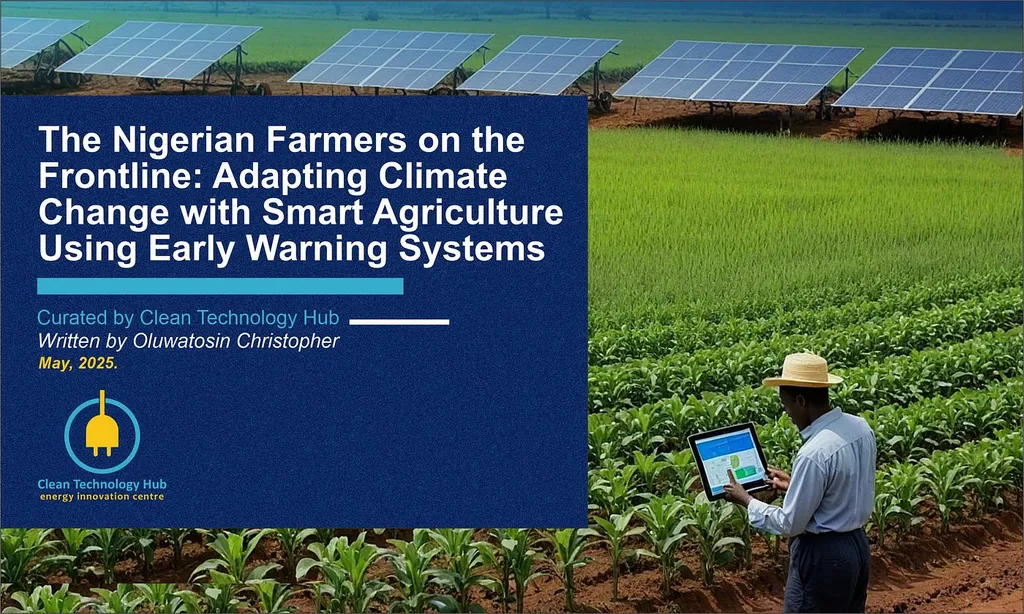In the heart of North-Central Nigeria, a critical battle is being waged against food insecurity and environmental vulnerability. At the forefront of this fight are agricultural extension agents, who play a pivotal role in disseminating Climate-Smart Agricultural Practices (CSAPs) to rice farmers. However, a recent study published in ‘Frontiers in Nutrition’ (which translates to ‘Frontiers in Food and Nutrition’) reveals that their attitudes and participation levels may be hindering progress.
The study, led by Ibukun Elizabeth Ojo from the Department of Agricultural Economics and Extension at Landmark University, SDG 2 (Zero Hunger Group), Omu-Aran, Nigeria, sheds light on the challenges faced by extension agents in promoting CSAPs. These practices, which include water-smart mechanisms like drip irrigation and crop-smart methods such as integrated pest management, are crucial for enhancing productivity, climate resilience, and environmental sustainability.
“Extension agents are the bridge between research and farmers,” Ojo explains. “Their effectiveness in promoting CSAPs can significantly strengthen community resilience against hunger and environmental shocks.”
The research found that more than half of the extension agents (52.3%) exhibited unfavorable attitudes towards CSAPs, while 58% moderately participated in their dissemination. Participation was particularly low for water-smart mechanisms such as index-based weather insurance and water harvesting, as well as crop-smart mechanisms like integrated pest management.
The study identified several factors that significantly influenced the attitudes and participation levels of extension agents. These included training, age, marital status, household size, occupation, years of experience, number of trainings, and attitude. “Targeted training and capacity-building initiatives are essential to strengthen extension agents’ attitudes and participation in disseminating CSAPs,” Ojo emphasizes.
The implications of this research extend beyond the agricultural sector. As the world grapples with the impacts of climate change, the adoption of sustainable farming systems is crucial for enhancing food security and promoting dietary diversity. Moreover, the energy sector stands to benefit from the increased efficiency and reduced environmental impact of CSAPs.
The study’s findings highlight the need for targeted interventions to improve the attitudes and participation of extension agents. By investing in their training and capacity-building, we can empower these agents to drive the adoption of CSAPs and strengthen climate resilience.
As Ojo notes, “The future of our food systems depends on the actions we take today. By supporting extension agents, we can ensure that farmers have access to the knowledge and tools they need to build resilient and sustainable farming systems.”
This research not only underscores the importance of extension agents in promoting CSAPs but also provides a roadmap for future developments in the field. By addressing the identified challenges and leveraging the opportunities presented, we can pave the way for a more food-secure and climate-resilient future.

